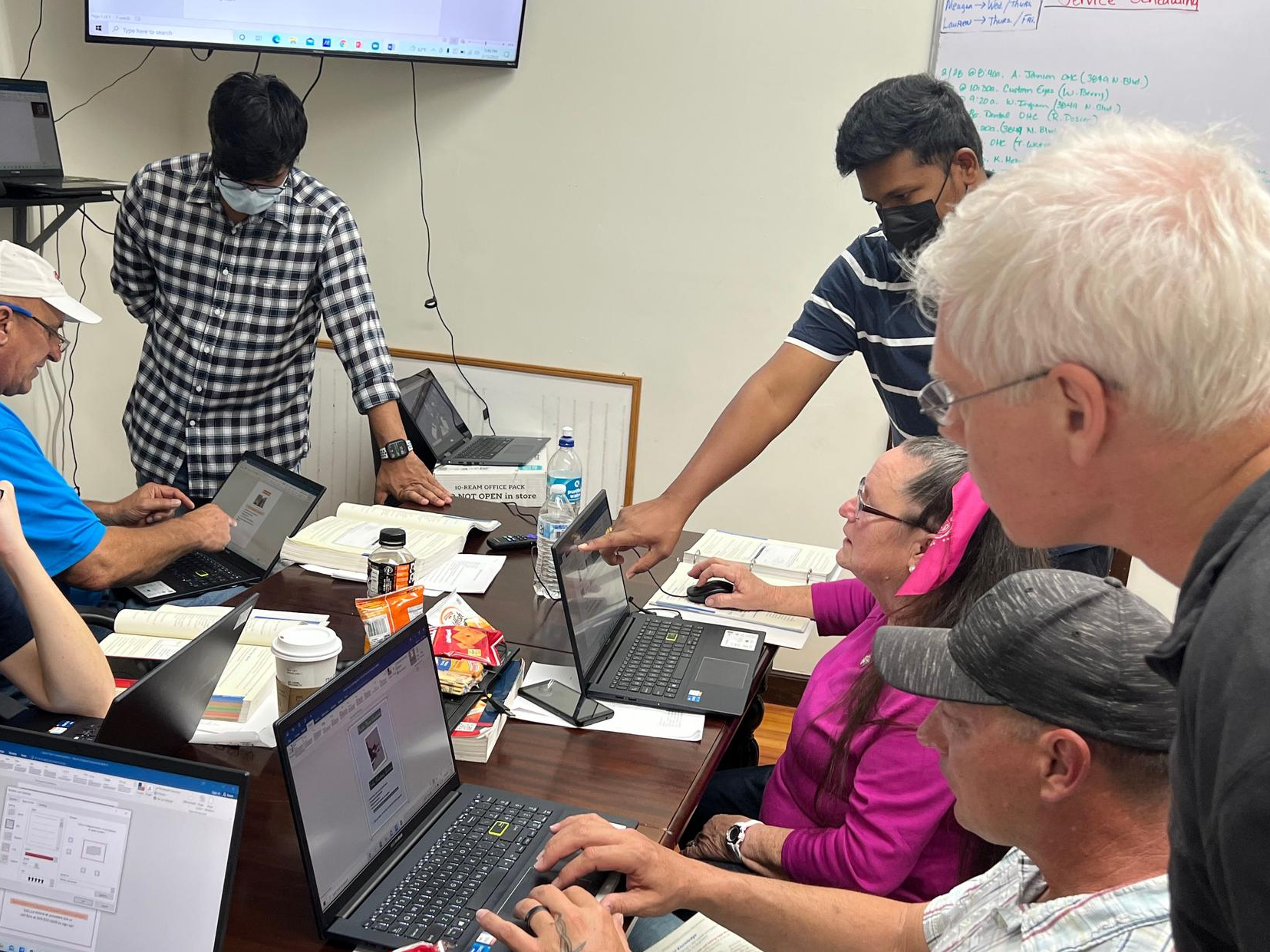
WHAT DO A GROUP OF FORMERLY INCARCERATED MEN AND WOMEN, LSU offshore oil and gas structures, and the tech industry have in common? Absolutely nothing. Until now. Louisiana Parole Project, LSU’s College of Oceanography and Coastal Sciences, and Blue Latitudes, a California-based offshore environmental consulting firm, have become unlikely partners through a pilot program that is teaching clients computer skills. By the end of the 12-week course they will learn how to process underwater video and identify and count marine life. LSU Professor Dr. Mark Benfield said the data gathered by the students will help to build a relationship between fisheries and the offshore energy industry. Benfield and his project co-principal investigator, Dr. Ed Laws, attend the classes and provide assistance to three Southern University computer science graduate students, under the direction of Dr. Sudhir Trivedi, who are teaching the class. The project’s goal, according to a statement from Blue Latitudes, “will further the understanding of artificial reef ecology and its role in fisheries support and expand the economic cost-sharing benefits for energy industries and fisheries stakeholders.”
Parole Project clients are benefitting through real-time workforce training. Because our organization works with men and women who have served long sentences, on average 25 to 30 years, most lack critically needed computer skills when they are released. Several students didn’t know how to turn on a laptop when the course began. “This partnership with LSU and Blue Latitudes is empowering our clients to know that they are capable of learning anything they put the effort into,” said Kerry Myers, Parole Project Deputy Director for Advocacy and Development. “We are excited about this program and the possibility for future classes.”
Students attend class every weekday from 5 to 7 p.m. Instructors are able to offer individualized assistance when students have questions about the lessons. In addition to teaching valuable computer skills, Benfield hopes the project allows students to recognize that their work will have an immediate and sustainable environmental impact the use of fisheries.




